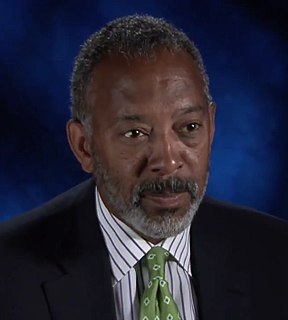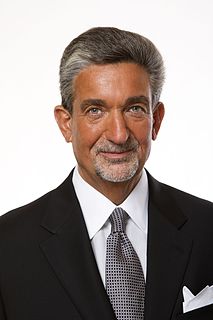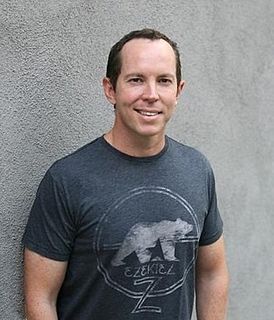A Quote by Tim Berners-Lee
Web applications will become more and more ubiquitous throughout our human environment, with walls, automobile dashboards, refrigerator doors all serving as displays giving us a window onto the Web.
Related Quotes
The Internet is a very powerful tool, but right now it's being handled by a lot of fools. And I think us together, Marilyn Manson as a whole, what we all stand for, should be the biggest spider on the web. I think that it will become our web. Not something that uses us, but something that we will control




































